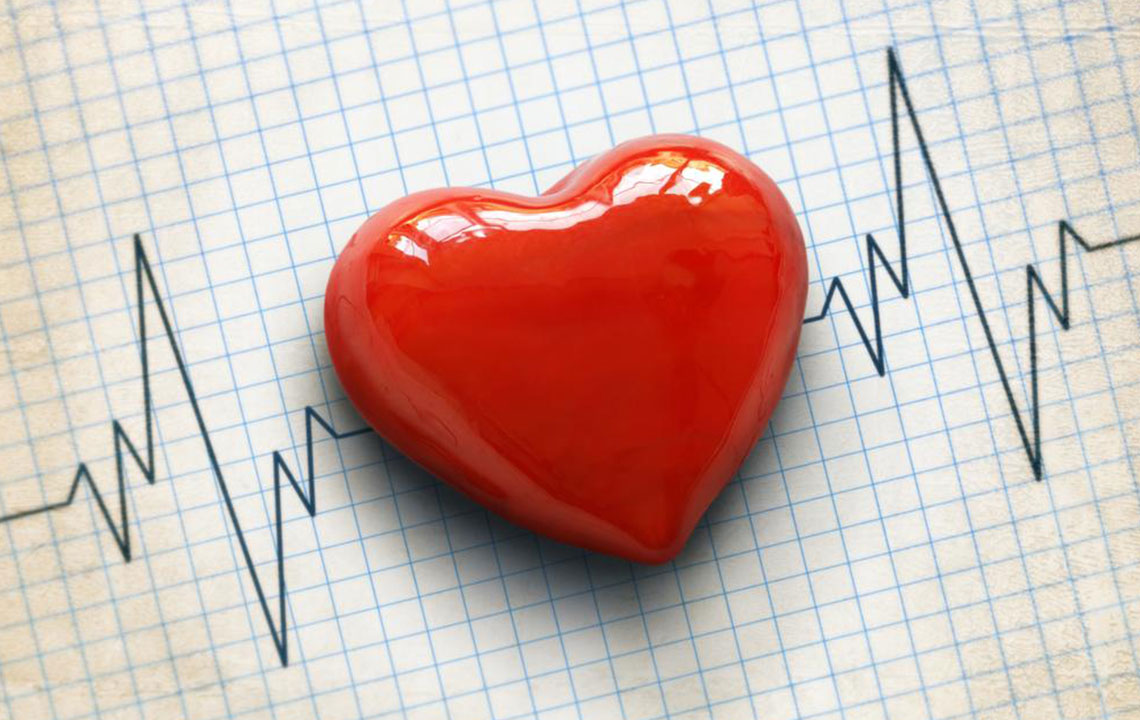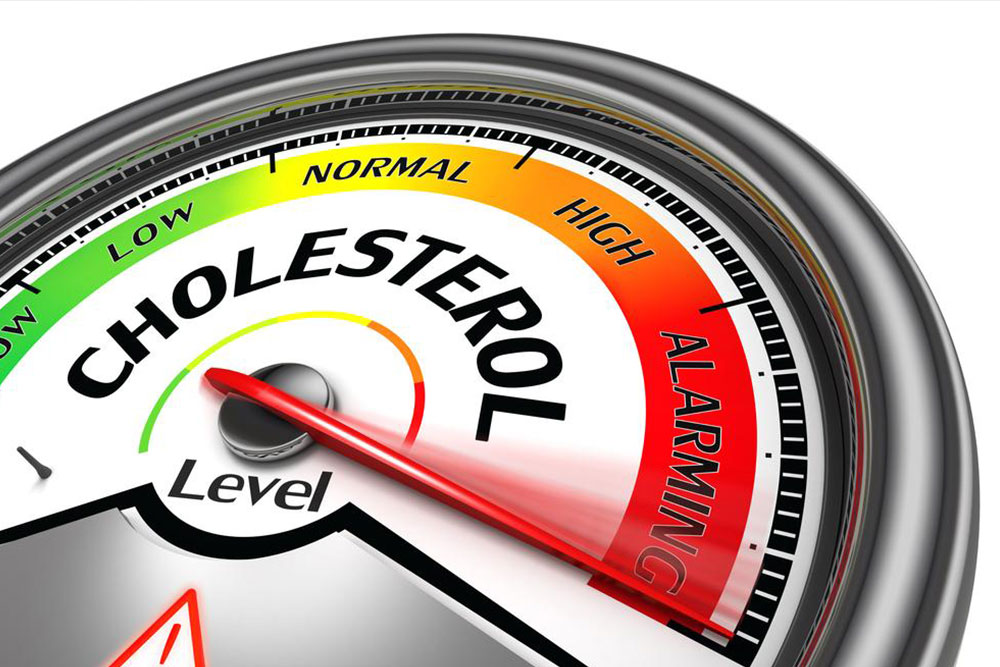Comprehensive Guide to Detecting and Managing Cholesterol for Heart Health
This comprehensive guide explores methods for detecting high cholesterol levels, understanding lipid profiles, and implementing effective lifestyle changes and medications to manage cholesterol. It emphasizes the importance of regular screening, healthy dietary habits, and medical intervention to prevent heart disease. The article provides detailed insights into cholesterol-related health risks and practical strategies to maintain optimal lipid profiles for long-term cardiovascular health.

Comprehensive Guide to Detecting and Managing Cholesterol for Heart Health
Cholesterol, a waxy fat-like substance, circulates in our bloodstream and is crucial for several vital functions in the body. It plays a key role in maintaining the structural integrity of cell membranes, serving as a precursor for the synthesis of essential hormones such as estrogen, testosterone, and cortisol. Additionally, cholesterol is necessary for the production of bile acids, which aid in digestion, and vitamin D, which is vital for bone health. Despite its importance, an excess of cholesterol can pose serious health risks, including the buildup of fatty deposits in arteries, leading to atherosclerosis and increasing the likelihood of heart attack, stroke, and other cardiovascular diseases.
In modern healthcare, monitoring cholesterol levels is a fundamental aspect of preventing cardiovascular diseases. The dietary habits of populations worldwide significantly influence cholesterol levels. For instance, in the United States, the average daily intake of cholesterol often exceeds the recommended values, primarily due to high consumption of saturated fats, trans fats, and processed foods. This excess dietary intake leads to increased cholesterol accumulation in the bloodstream, particularly in the form of esterified cholesterol, which can deposit in blood vessel walls, narrowing arteries, and impairing blood flow. Consequently, regular health screening becomes essential for early detection and management of cholesterol-related issues.
The body actively regulates cholesterol levels through several mechanisms. When excessive cholesterol is detected, the liver suppresses endogenous cholesterol synthesis to maintain balance. Blood tests, known as lipid panels or lipoprotein profiles, provide a comprehensive overview of an individual’s cholesterol health. These tests measure total cholesterol, HDL (high-density lipoprotein, often called 'good cholesterol'), LDL (low-density lipoprotein, or 'bad cholesterol'), and triglycerides. Understanding these components enables healthcare professionals to assess cardiovascular risk accurately and tailor personalized intervention strategies.
Achieving ideal cholesterol levels is crucial for cardiovascular health. A balanced diet rich in heart-healthy foods can significantly improve lipid profiles. Foods high in omega-3 fatty acids, such as fatty fish like salmon and mackerel, help boost HDL levels. Plant-based options like beans, lentils, and soy products contribute to lowering LDL cholesterol. Incorporating healthy fats from olive oil, avocado, and nuts also supports good cholesterol. Conversely, reducing intake of foods high in saturated fats—such as fried foods, full-fat dairy, and red meats—and limiting trans fats found in many processed snacks is essential for lowering harmful cholesterol levels.
The lipid profile categorizes cholesterol levels into desirable, borderline, and high ranges, guiding clinical decisions and lifestyle recommendations. For example:
Total cholesterol: less than 200 mg/dL is considered desirable; 200-239 mg/dL is borderline high; 240 mg/dL and above is high.
HDL (good cholesterol): 60 mg/dL or higher is protective; less than 40 mg/dL constitutes a risk factor.
LDL (bad cholesterol): below 100 mg/dL is optimal; 130-159 mg/dL is borderline high; 160 mg/dL and above is high.
Triglycerides: less than 150 mg/dL is desirable; 150-199 mg/dL is borderline; 200 mg/dL and above is considered high.
If a blood test reveals elevated cholesterol levels, a multi-faceted approach involving lifestyle modifications and sometimes medication is recommended. Lifestyle changes include adopting a healthier diet, increasing physical activity, achieving and maintaining a healthy weight, quitting smoking, and moderating alcohol consumption. When lifestyle interventions are insufficient, healthcare providers may prescribe medications such as statins, bile acid sequestrants, or other cholesterol-lowering drugs to significantly reduce cardiovascular risk and prevent future health complications.





